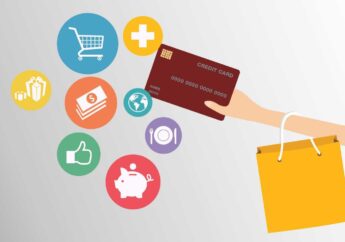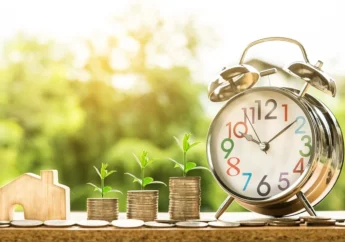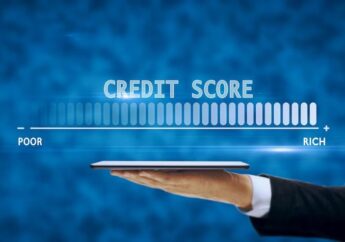What Is Wrong With A High Credit Utilization Ratio?
by Arnab Dey Loans & Credit 24 August 2022
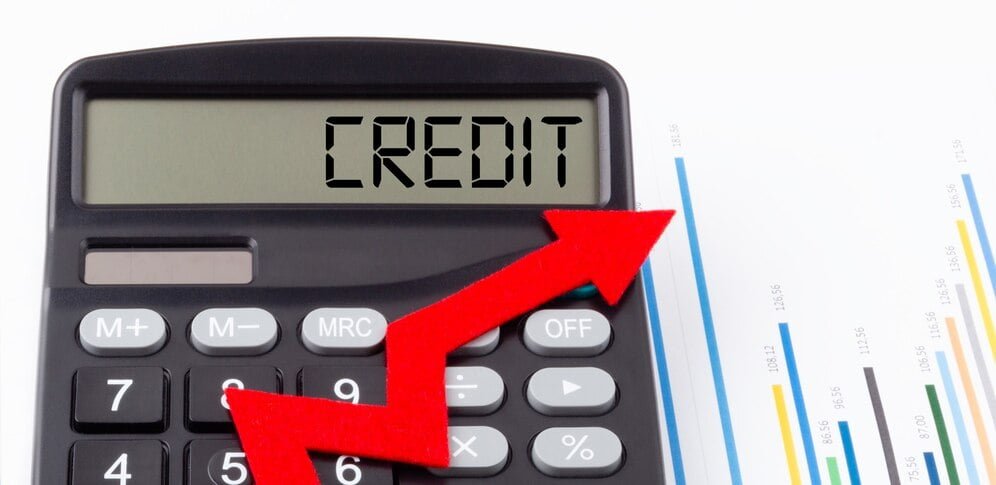
Your credit utilization ratio is the simple measurement between your used credit and available credit.
If you have low balances on your credit accounts and plenty of available credit, you will have a low utilization ratio. On the other hand, if you don’t have much credit left, you’ll have a high utilization ratio.
Now, what’s wrong with having a high credit utilization ratio?
1. Emergency Expenses
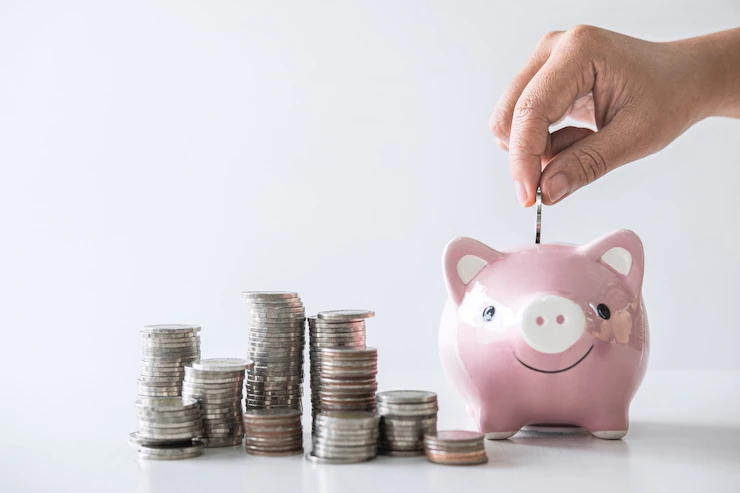
Credit tools are extremely useful in emergency situations. If you don’t have enough savings to cover an urgent, unplanned expense, you could charge it to your credit card.
If you don’t want to use your credit card, you could go to a website like CreditFresh to apply for a personal line of credit loan. As long as you meet all of the qualifications, you can fill out your application online. It could get approved.
You can’t rely on these types of credit tools in emergencies when you already have a high credit utilization ratio. If your credit card already has a high balance on it, you shouldn’t add the emergency expense to it. That will give you an even higher debt load to pay down, and it could push you to accidentally max out your card.
You can’t rely on a personal line of credit with a high credit utilization ratio, either. If you’ve withdrawn funds from the account and haven’t replenished the available credit, you won’t be able to use it again.
2. Credit Score
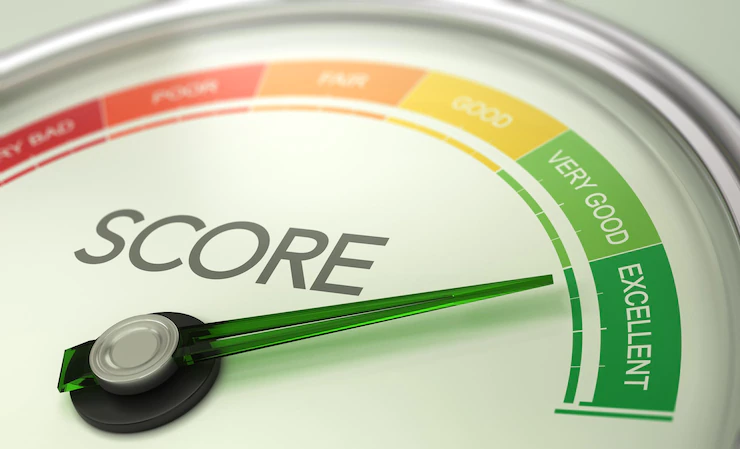
Credit utilization is one of the important factors that affect your consumer credit score, along with payment history, credit history, new credit, and credit mix. Having a high credit utilization ratio can negatively affect your credit score, giving you a lower number than you’d like.
Why does it negatively affect your credit score? A high credit utilization ratio makes you appear like a riskier borrower to various lenders and financial institutions.
You’ve shown that you continuously carry high balances on your accounts and don’t pay them down. You’re more at risk of paying your bills late or defaulting on them entirely. You’re also more at risk of reaching your pre-set credit limits and maxing out your accounts.
What’s so important about your credit score? Your credit score will impact your ability to get loans in the near future. Lenders may give you lower loan amounts, higher interest rates, and higher deposit amounts. They’ll also be more likely to reject your applications for loans altogether.
With a low credit score, you could struggle to achieve these financial goals:
- Getting a business loan
- Getting a brand-new car
- Getting a mortgage loan
- Renting an apartment
3. Debt Load

The more credit that you use, the more you’ll have to repay. And the longer that you take to pay it, the more it will accumulate with compounding interest. It could become too much debt for you to handle in a reasonable time or manner.
It’s much easier to manage your personal finances when you have a low credit utilization ratio. With a lower ratio, you can comfortably pay more than the minimum on your monthly bills.
Your balance won’t grow with interest too quickly and reach close to your limits. It won’t snowball out of control in a matter of months. A high credit utilization ratio is not worth the risks. It’s time for you to bring yours down.
Read Also:
































































































